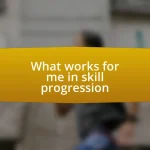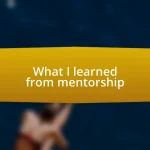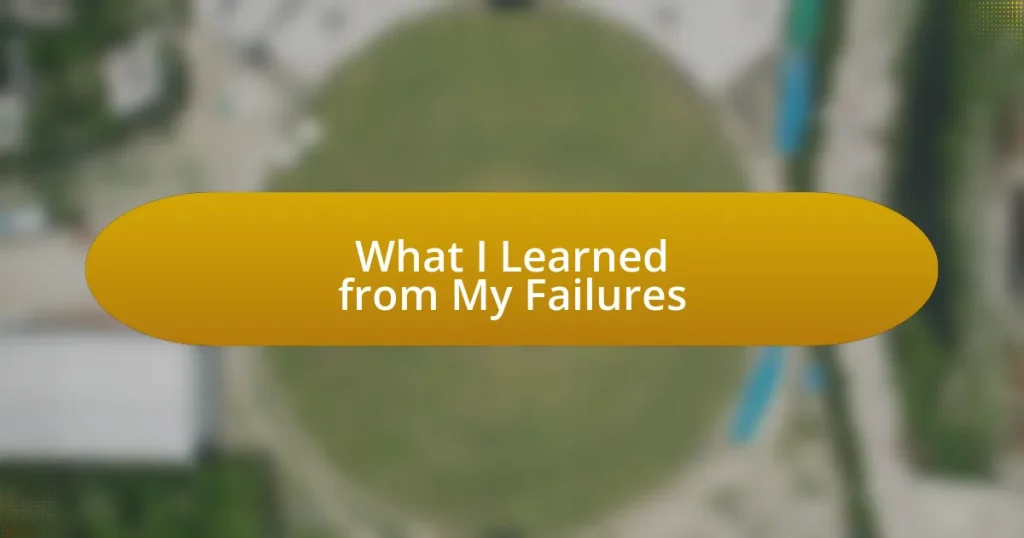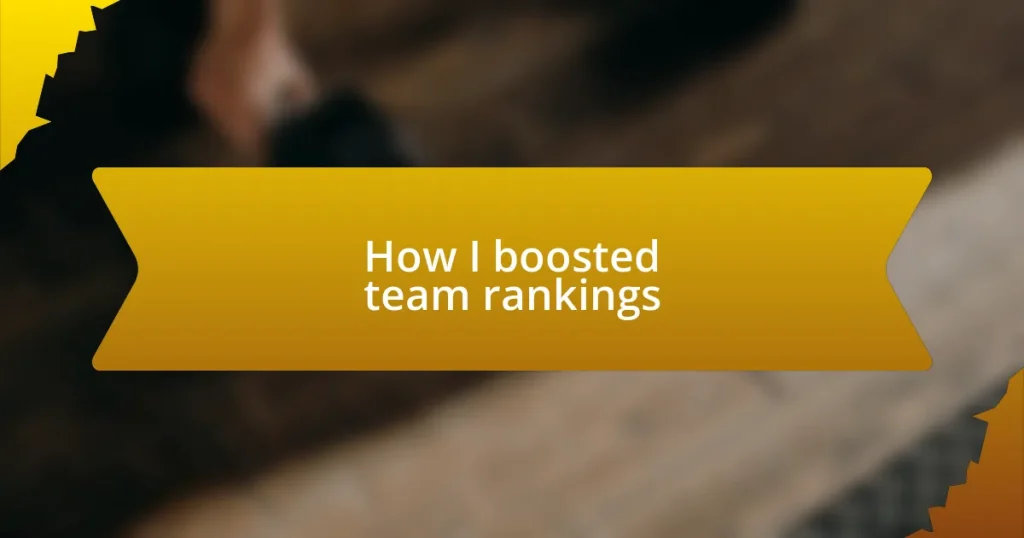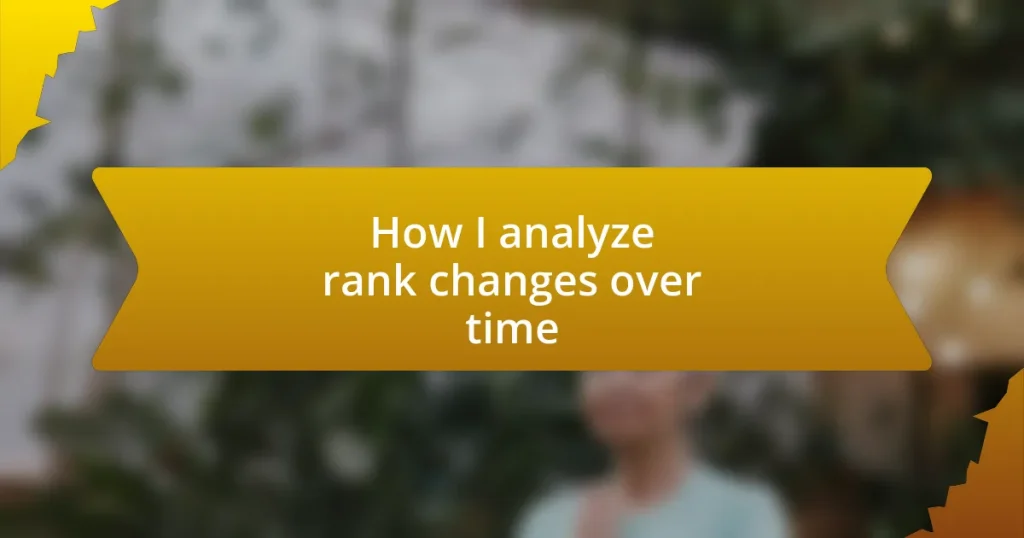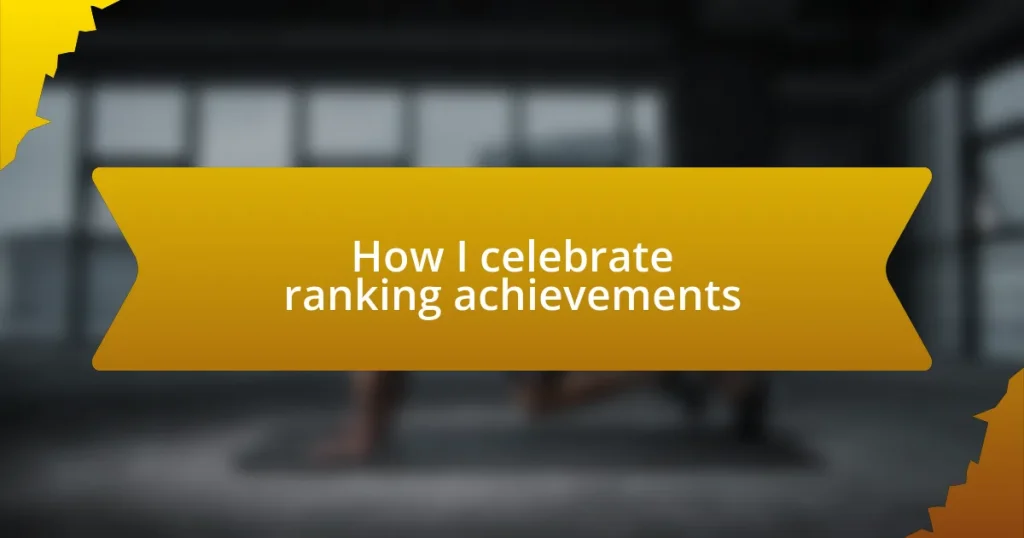Key takeaways:
- Failure is a vital part of personal growth, offering opportunities for reassessment and learning.
- Analyzing personal failures reveals patterns and offers key insights that guide future decisions.
- Effective reflection through journaling and open-ended questions can transform failures into powerful learning experiences.
- Sharing lessons from failures fosters a supportive community and encourages collective growth.
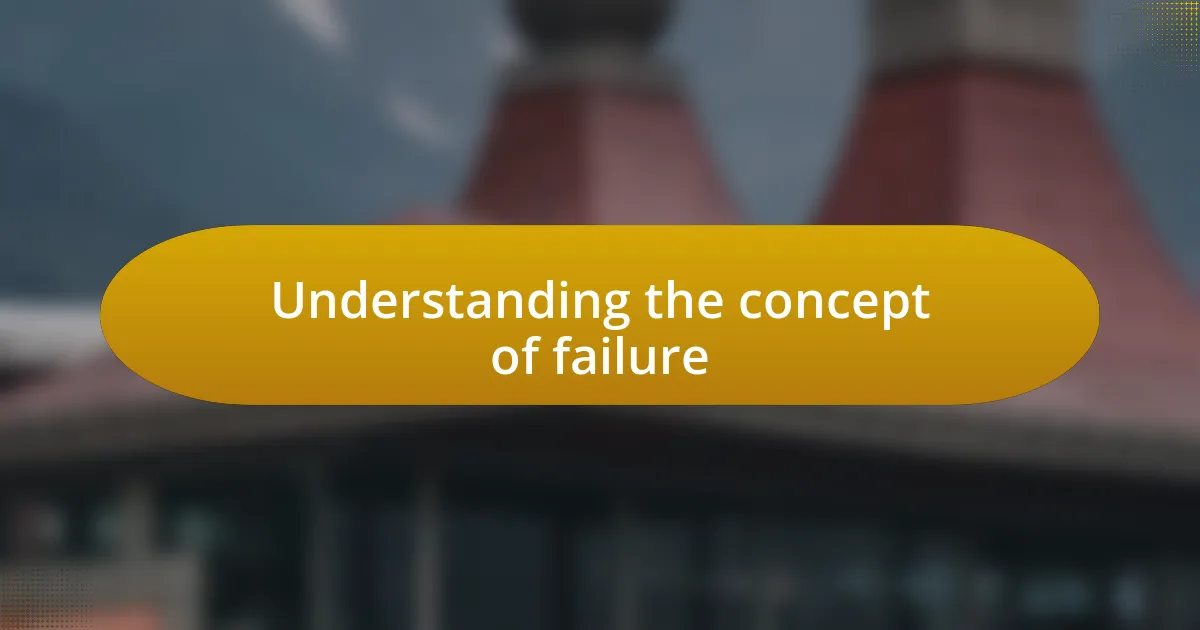
Understanding the concept of failure
Failure is often perceived as a negative outcome, but in my experience, it’s a fundamental part of personal growth. I remember a time when I launched a project I was passionate about, only to have it flop spectacularly. It was heartbreaking, but that experience taught me that failure isn’t just a lack of success—it’s an opportunity to reassess my strategies and goals.
Consider how many successful individuals you admire have faced setbacks. I find it fascinating that some of the greatest innovations came from failures. For instance, I once read about a renowned entrepreneur who went bankrupt before building a billion-dollar company. It makes me wonder: what if those failures were the very stepping stones they needed to rise again?
In my journey, I’ve realized that embracing failure can shift your perspective. I once hesitated to try something new because of fear of failure. But when I finally faced that fear, I discovered that each so-called “failure” simply brought me closer to understanding what truly works for me. How often do we allow the fear of failing to hold us back from valuable experiences?
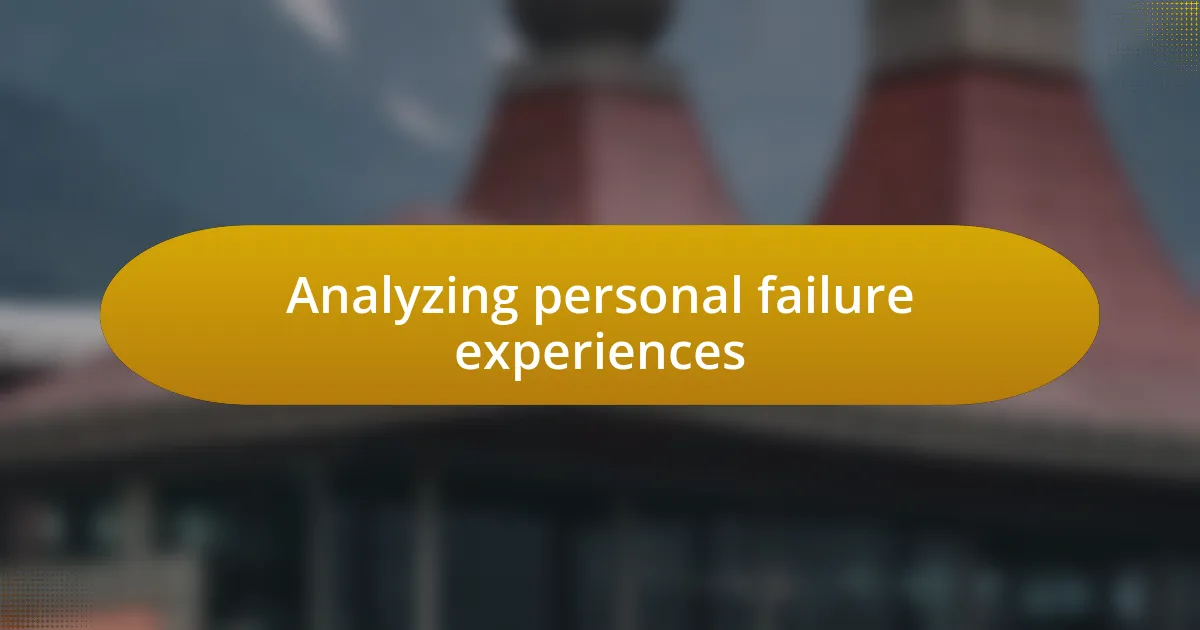
Analyzing personal failure experiences
Analyzing personal failure experiences allows us to extract valuable lessons that shape our future choices. I remember a time when I organized an event that garnered little attendance. While the initial sting of disappointment hit hard, I realized later that I hadn’t adequately understood my audience. That moment of reflection became a turning point, pushing me to focus on thorough audience research in future projects.
It’s like when I attempted to launch an online course without first gauging interest. The lackluster response taught me about the importance of market validation. Instead of viewing it as an end, I came to see each failure as a crucial feedback loop. These experiences serve as reminders that each stumble offers insight into what needs refinement. Don’t you agree that sometimes our biggest lessons come from our attempts that didn’t pan out as we hoped?
Through my experience, I’ve found that dissecting the reasons behind my failures reveals patterns that might otherwise go unnoticed. I once invested substantial time in a blog that never gained traction. Initially, I felt defeated; however, deep analysis revealed that focusing on quality content rather than trendy topics would have better served my audience. This insight transformed my approach moving forward.
| Experience | Key Insight |
|---|---|
| Failed event with low attendance | Importance of understanding the audience |
| Unsuccessful online course launch | Need for market validation |
| Blog that didn’t gain traction | Prioritizing quality over trends |
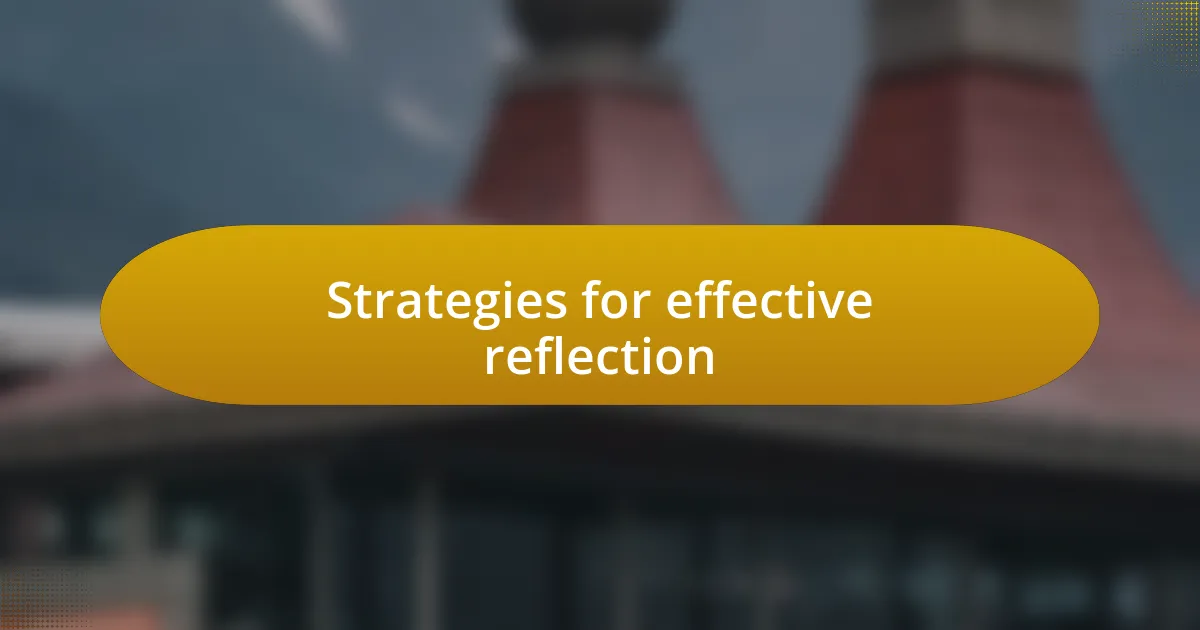
Strategies for effective reflection
Reflecting effectively requires a structured approach. One strategy that has worked wonders for me is journaling after each setback. I recall a project that completely bombed, leaving me feeling lost and frustrated. Writing down my thoughts not only clarified my emotions but helped me pinpoint specific decisions that led to the failure. It’s amazing how seeing your words on paper can highlight what you might overlook in the chaos of feelings.
To deepen your reflection process, consider these strategies:
- Set aside dedicated time for reflection, ensuring a quiet space with minimal distractions.
- Ask yourself open-ended questions, such as “What could I have done differently?” or “What did this teach me?”
- Use visual aids like mind maps to visualize connections between lessons learned and patterns in your failures.
- Share your reflections with a trusted friend or mentor to gain external perspectives.
- Regularly revisit past reflections to track your growth over time.
Embracing these practices can transform your perspective on failure, turning it into a powerful teacher.
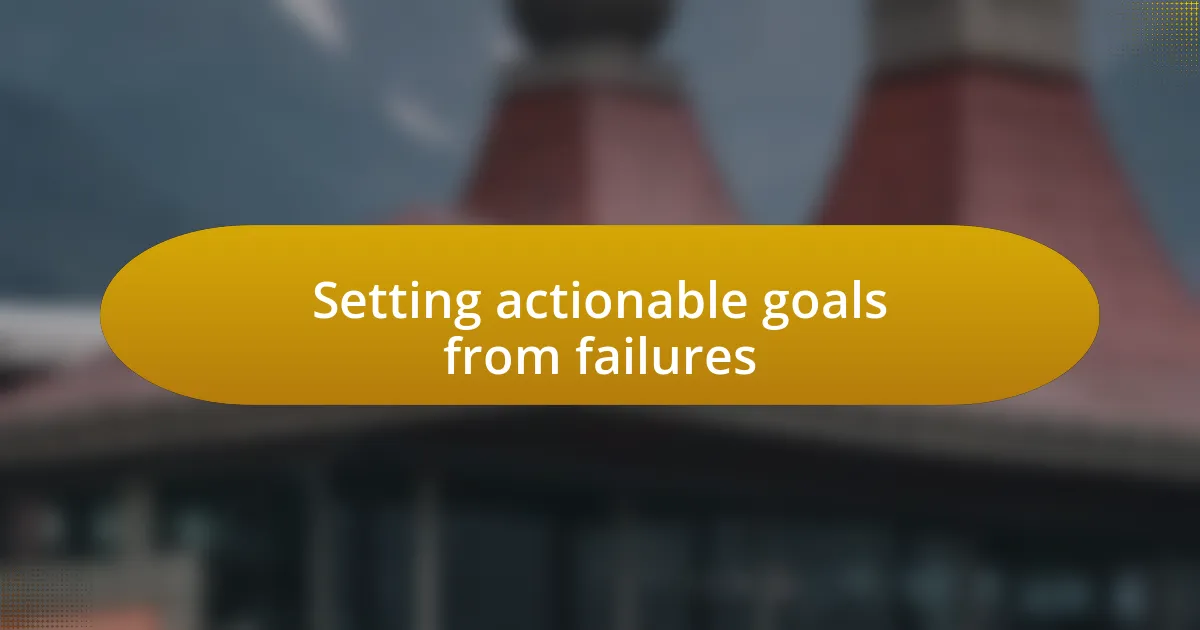
Setting actionable goals from failures
Setting actionable goals from failures is crucial for personal growth. After experiencing a significant setback in my career, I learned that it was essential to break down my experience into manageable steps. I started by identifying the specific elements of the failure—such as miscommunication and lack of research—and turned them into concrete goals, like improving my communication skills through workshops and dedicating time to thorough research before projects.
In another instance, I faced a challenging situation with a failed business venture. Instead of allowing myself to wallow in disappointment, I set tangible goals to enhance my business acumen. This included enrolling in a business course and seeking mentorship from seasoned professionals. I still remember how empowering it felt to translate my pain into action; it was like reclaiming control over my narrative.
As I reflect on these experiences, I often ask myself, “How can I turn this pain into progress?” This simple question has been a guiding light. By framing my failures as stepping stones rather than roadblocks, I have consistently found opportunities to grow and evolve, demonstrating that even setbacks can lead to substantial, actionable goals that shape our future.
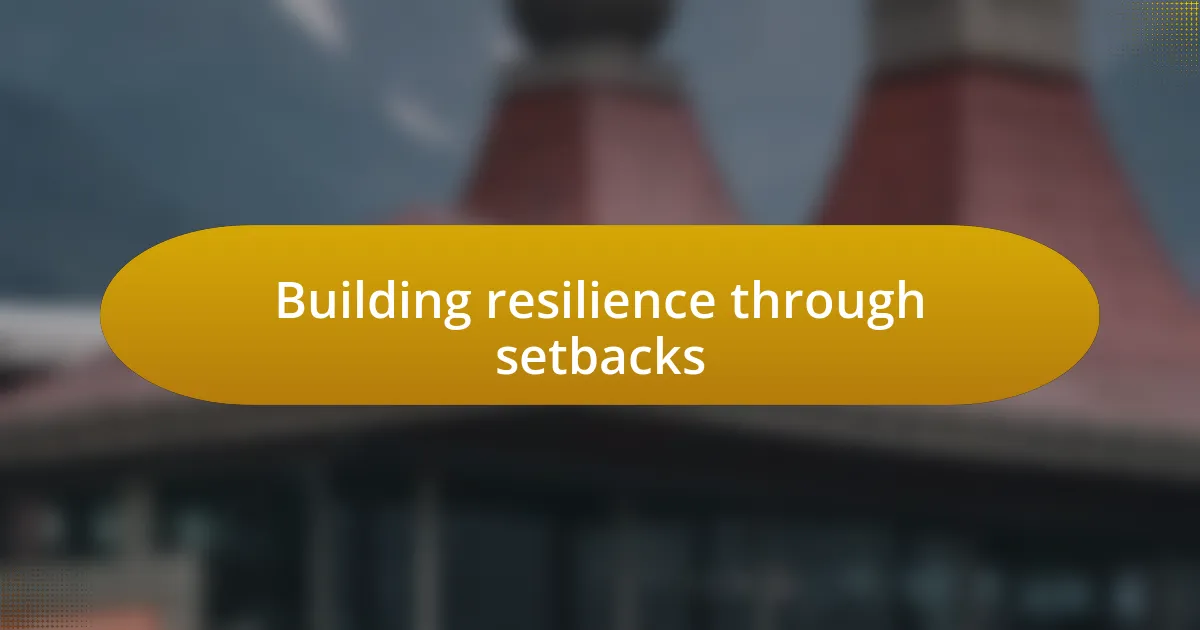
Building resilience through setbacks
Building resilience through setbacks is an enriching process that often comes from digging deep into our experiences. When I encountered a challenging moment in my personal life, it felt like I was stranded in a storm without a compass. Instead of succumbing to despair, I realized I had to find my anchor. I began practicing mindfulness, which allowed me to confront my emotions and understand that resilience isn’t just about bouncing back; it’s about growing stronger from the experience.
One memory that stands out for me is when a project I led fell apart due to unexpected obstacles. It was disheartening, but looking back, I can see how that setback taught me invaluable lessons about adaptability. I had to ask myself, “What can I learn from this?” Embracing that discomfort helped me embrace failure as a teacher rather than an adversary, shaping my approach to future challenges.
Reflecting on these moments, I see setbacks as opportunities for reflection and growth. Every time I faced adversity, I intentionally sought to uncover the lessons buried within. This mindset shift has not only fortified my resilience but has also led me to cherish the process of learning through difficulties, reinforcing the idea that even in our hardest times, we hold the potential to emerge stronger and wiser.
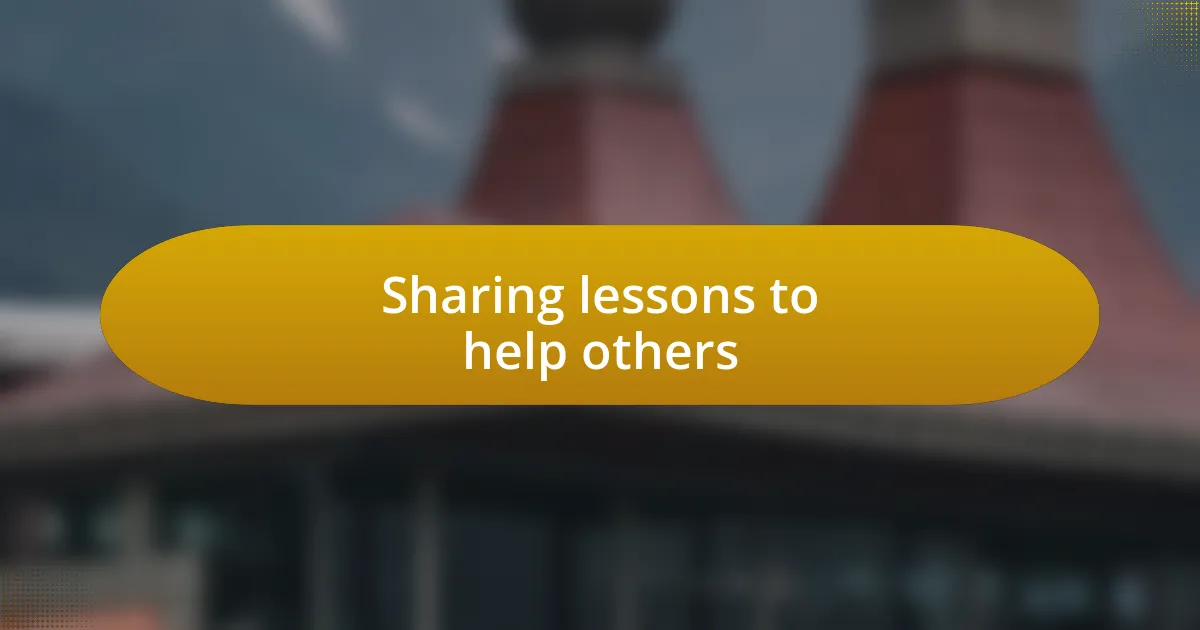
Sharing lessons to help others
Sharing lessons derived from failures holds immense value, not just for ourselves but for those around us. I vividly recall a time when I mistakenly overlooked crucial details in a presentation, causing a significant setback. Rather than wallowing in embarrassment, I took a moment to reflect on what went wrong and how I could prevent it in the future. This experience taught me to always double-check my work and, more importantly, to share that lesson with colleagues who might face similar challenges. How often have we all faced moments we wish to forget?
I feel compelled to share my journey of growth, as I’ve learned that vulnerability can create connections. One instance that resonates deeply is when I failed to meet a critical deadline. Instead of keeping it to myself, I opened up to my team about the situation. This not only helped foster a culture of openness but also encouraged others to share their own struggles, leading to collaborative solutions we might not have considered otherwise. Isn’t it remarkable how sharing our stories can lighten the burden for others?
In my experience, every setback carries the seeds of wisdom that can benefit someone else. For example, I once navigated a difficult conversation that ended poorly, but by being transparent about it, I was able to guide a friend through a similar situation. I reflected on how communicating clearly and empathetically could lead to better outcomes. Have you ever found that discussing your failures has helped others find their way? Embracing this notion of sharing lessons not only reinforces our growth but also helps build a supportive community where learning from one another becomes a shared journey.






